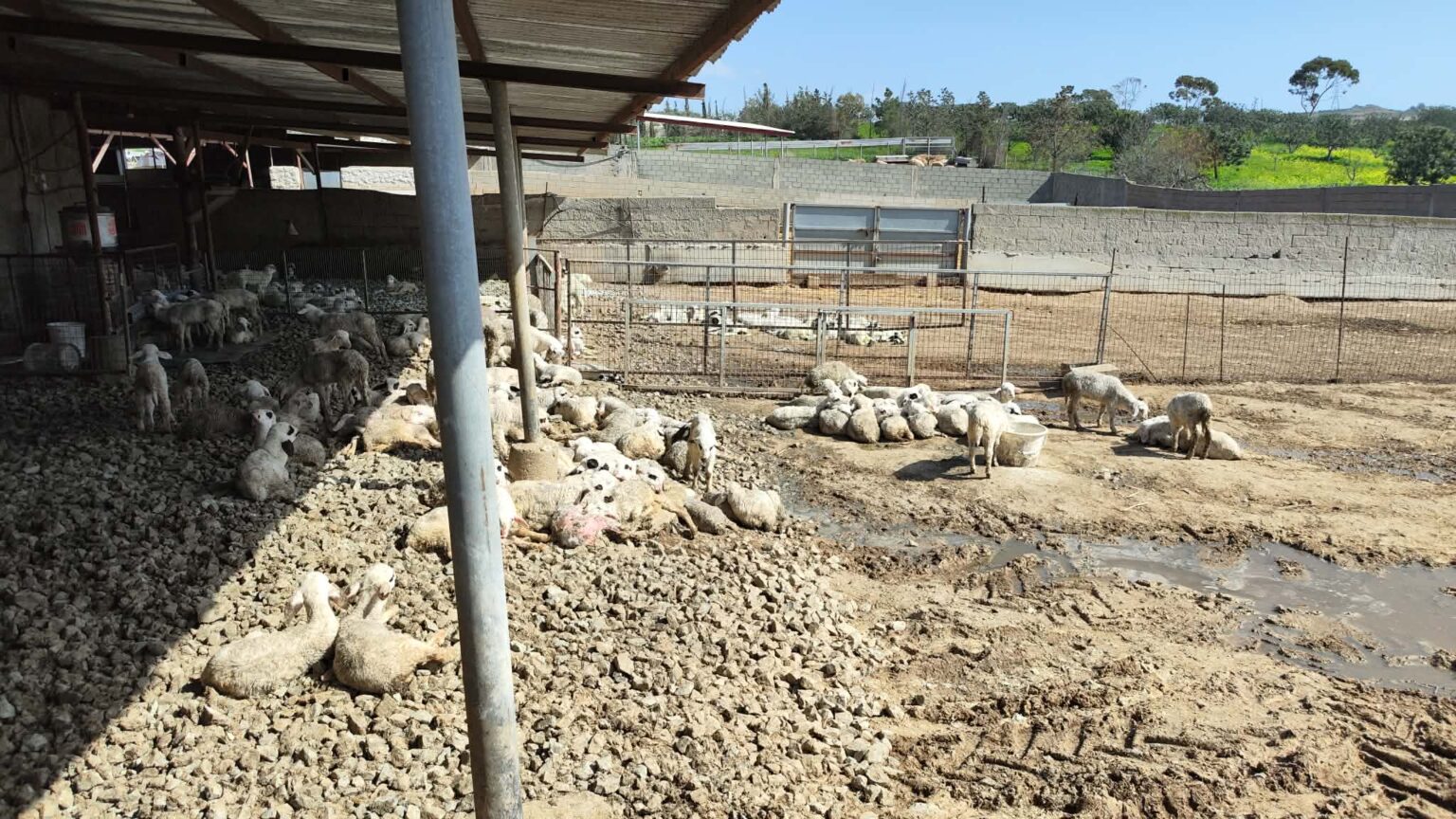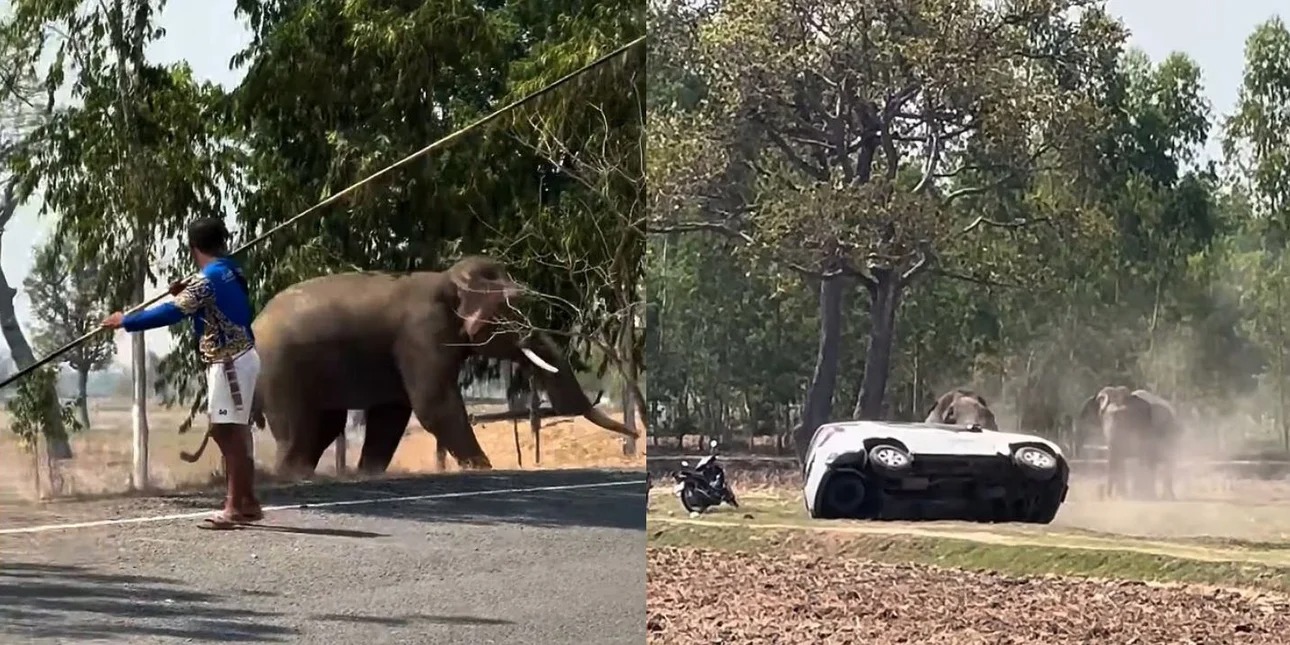An online public survey on whether the European Union should keep switching between summer and winter time ends today, Thursday.
The public consultation was launched by the European Commission following requests from citizens, the European Parliament and from certain EU Member States.
Last February, the European Parliament adopted a resolution asking the Commission to conduct a thorough assessment of the Directive and, if necessary, come up with a proposal for its revision.
At the same time, the resolution confirmed that “it is essential to maintain a unified EU time regime even after the end of biannual time changes”.
Responding to these requests, the European Commission decided to investigate how the current summertime arrangements work and assess whether or not they should be changed.
And in view of the European Parliament resolution, the Commission committed to assess the two main policy alternatives available to ensure such a harmonised regime, which are:
- Keeping the current EU summertime arrangements as set out in Directive 2000/84/EC, or
- Discontinuing the current bi-annual time changes for all Member States and prohibiting periodic switches; again this would not affect the choice of time zone, and it would ultimately remain each Member State’s decision whether to go for permanent summer or wintertime (or a different time).
Over the past weeks, the Commission has been seeking the views of EU citizens, stakeholders and Member States about the overall experience with the time change, whether they want to keep it and for what reasons.
Summertime has been in force for decades, primarily in order to save energy.
However, there have also been other motivations, such as road safety, increasing leisure opportunities stemming from longer daylight during evenings or simply to align national practices to those of neighbours or main trading partners.
Summertime arrangements at EU level exist since the 1980s and are currently governed by Directive 2000/84/EC which sets out the obligation on Member States to switch to summertime on the last Sunday of March and to switch back to wintertime on the last Sunday of October. The objective of EU legislation on summertime was to unify existing national summertime schedules that were diverging, thereby ensuring a harmonised approach to the time switch within the single market.
A number of studies have been carried out over the years to assess EU summertime arrangements. Available evidence indicates the following:
- Internal market: At this juncture, evidence is only conclusive on one point: that allowing uncoordinated time changes between Member States would be detrimental to the internal market due to higher costs to cross-border trade, inconveniences in transport, communications and travel, and lower productivity in the internal market for goods and services.
- Energy: Despite having been one of the main drivers of the current arrangements, research indicates that the overall energy savings effect of summertime is marginal. Results also tend to vary depending on factors such as geographical location.
- Health: Summertime arrangements are estimated to generate positive effects linked to more outdoor leisure activities. On the other hand, chronobiologic research findings suggest that the effect on the human biorhythm may be more severe than previously thought. The evidence on overall health impacts (i.e. the balance of the assumed positive versus negative effects) remains inconclusive.
- Road safety: Evidence remains inconclusive with regard to the relationship between summertime arrangements and road traffic accidents. In principle, sleep deprivation from advancing the clock in spring could increase the risk of accidents. At the same time, extended daylight hours during summer evenings are considered to have a positive effect on road safety. However, it is generally difficult to attribute directly the effect of summertime arrangements on accident rates compared to other factors.
- Agriculture: Previous concerns regarding disrupted biorhythm of animals and changing milking schedules due to the time switch appear to have largely disappeared due to the deployment of new equipment, artificial lighting and automated technologies. An extra daylight-hour during summer can also be an advantage allowing extended working hours for outdoor activities, such as working in fields and harvesting.
Finland has asked that the bi-annual time switch be abandoned and Lithuania has called for a review of the current system in order to take into account regional and geographical differences.
https://ec.europa.eu/eusurvey/runner/2018-summertime-arrangements?surveylanguage=EN
















